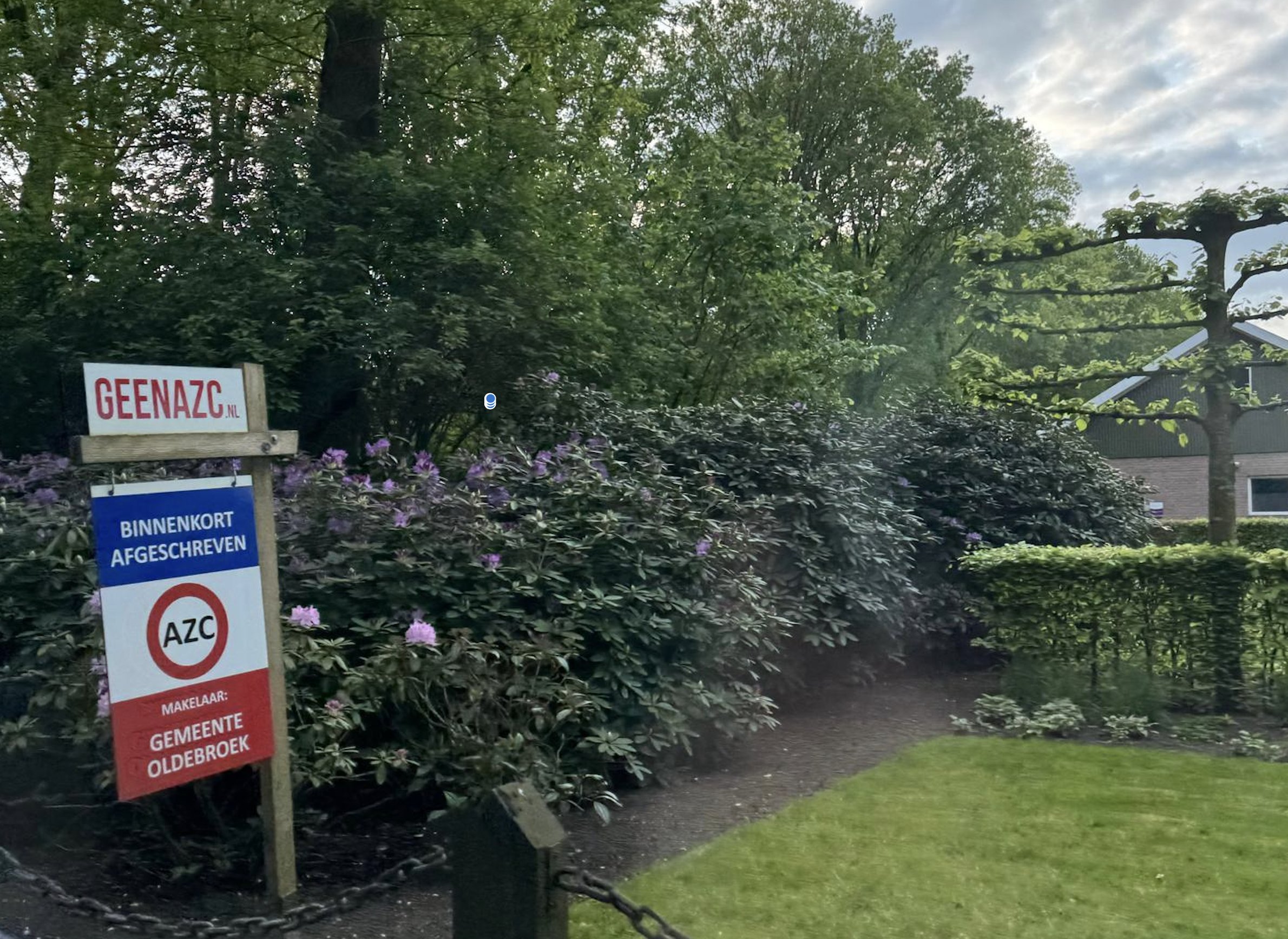Two-thirds of councils yet to take their fair share of refugees

Some two-thirds of the Netherlands’ 432 local authority areas have not yet said how many places they have for refugees and are unlikely to meet the July deadline, broadcaster RTL reported on Friday.
Around 96,000 beds are needed under the so-called “spreading law”, which is designed to ensure refugees are distributed evenly around the country. However, some councils have already said they have no intention of complying with the law, RTL said.
The outgoing government had planned to scrap the legislation, but that is now unlikely to happen. The aim is to free up space in regular asylum centres and to help people who have been granted a residency permit find more permanent housing.
Currently the refugee settlement agency COA has 72,728 places at its disposal, meaning a further 23,000 beds need to be found to meet the target. Each council knows how many beds it is required to provide, and 127 councils have so far filled their quota. The remaining 215 have not yet done so.
The agency says it is in talks with many councils about securing long-term accommodation, but local politics and planning laws are causing delays.
A number of councils told RTL they have identified locations, but these will not open until later in the year.
However, towns such as Rucphen, Castricum and Waalre say they do not have any suitable sites, while Achtkarspelen, Bunschoten and Best face political opposition. Enschede says it is impossible to find housing for 21 under-18s, while Leidschendam-Voorburg says it cannot accommodate an additional 110 places on top of the 280 already in operation.
In some places, too, there have been violent protests. The Telegraaf said in January plans for at least 20 refugee centers have either been canceled or delayed due to protests by local residents.
The legislation was introduced after it emerged that some towns had not provided any refugee accommodation for years, while others, such as Ter Apel, struggle to cope.
Groningen, where Ter Apel is located, and Flevoland are the only two provinces where all councils have met their quotas, RTL said.
Thank you for donating to DutchNews.nl.
We could not provide the Dutch News service, and keep it free of charge, without the generous support of our readers. Your donations allow us to report on issues you tell us matter, and provide you with a summary of the most important Dutch news each day.
Make a donation